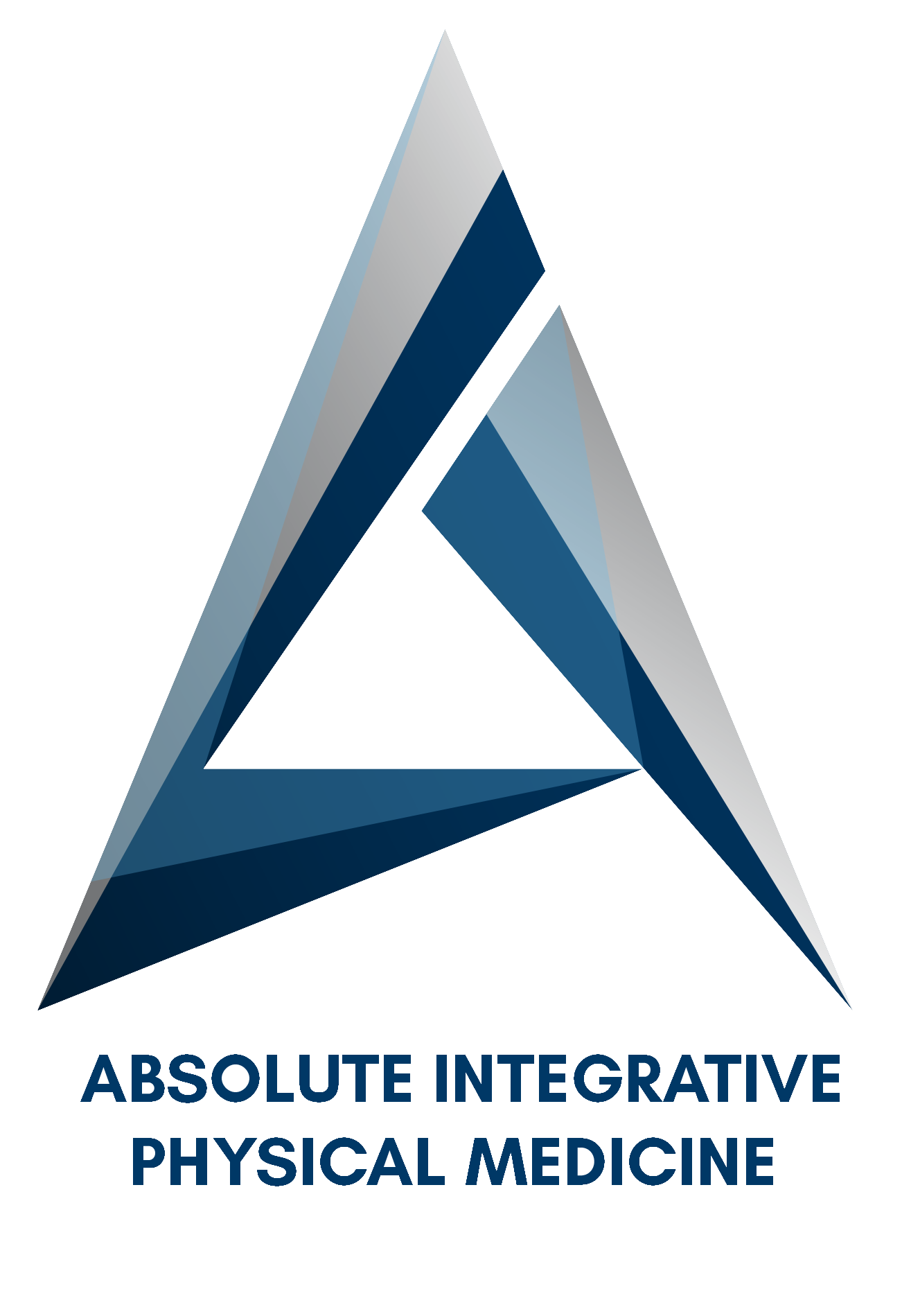Herbs That Increase Stem Cells: Natural Ways to Support Regeneration and Healing
Stem cells are the body’s raw materials — they develop into specialized cells that repair and regenerate tissue. From healing injuries to supporting organ health, stem cells play a vital role in keeping us resilient. As interest in longevity and regenerative medicine grows, so does curiosity about whether herbs and natural remedies can encourage stem cell activity.
While no herb can replace medical therapies like stem cell transplants, research shows some herbs and plant compounds may support stem cell health indirectly — by reducing inflammation, protecting against oxidative stress, and creating a more favorable environment for regeneration.
In this article, we’ll dive into the science, highlight some of the most promising herbs, and explore how they may contribute to stem cell support naturally.
How Herbs Support Stem Cell Function
Stem cell health depends on several factors. Certain herbs and plant compounds can:
- Reduce oxidative stress – protecting stem cells from damage caused by free radicals.
- Lower chronic inflammation – an environment with less inflammation encourages healthy stem cell activity.
- Support circulation – better blood flow means more nutrients and oxygen delivered to tissues.
- Activate signaling pathways – some compounds stimulate genes linked to regeneration.
- Provide building blocks – herbs are rich in phytonutrients and antioxidants that nourish the body.
By working through these mechanisms, herbs may not directly create stem cells, but they can help existing ones function better and potentially increase their activity.
Top Herbs That May Increase Stem Cells
- Ginseng (Panax ginseng)
Ginseng is an adaptogenic herb known for its effects on energy, immune health, and longevity. Research suggests that compounds in ginseng (called ginsenosides) may enhance the proliferation and differentiation of stem cells.
Stem cell connection: Studies show ginseng extracts can stimulate neural stem cells and support bone marrow–derived stem cells.
How to use: Ginseng tea, supplements, or powder added to smoothies. - Turmeric (Curcuma longa)
Turmeric’s active compound, curcumin, has powerful anti-inflammatory and antioxidant properties.
Stem cell connection: Research indicates curcumin may boost neural stem cell proliferation and protect them from damage. It also supports stem cell survival in the brain, which is essential for cognitive health.
How to use: Golden milk, supplements, or turmeric powder in food. - Green Tea (Camellia sinensis)
Rich in polyphenols like EGCG, green tea is well-studied for its antioxidant benefits.
Stem cell connection: EGCG has been shown to encourage stem cell growth in the brain and heart while reducing cellular aging.
How to use: Daily cups of green tea or high-quality matcha powder. - Ginkgo Biloba
Ginkgo is widely used for cognitive support and circulation.
Stem cell connection: Research suggests ginkgo extracts can promote neural stem cell proliferation and differentiation.
How to use: Supplements, tinctures, or brewed as tea. - Resveratrol (found in Japanese Knotweed, Grapes, and Berries)
Resveratrol is linked to longevity and cardiovascular health.
Stem cell connection: Studies show resveratrol activates pathways (like SIRT1) that support stem cell survival and reduce aging.
How to use: Found in red grapes, blueberries, peanuts, and available as supplements. - Ashwagandha (Withania somnifera)
Known as an adaptogen, ashwagandha supports stress resilience and energy balance.
Stem cell connection: Animal studies suggest ashwagandha may enhance neural stem cell activity.
How to use: Powder mixed into milk or smoothies, or capsule supplements. - Astragalus (Astragalus membranaceus)
A traditional herb in Chinese medicine, astragalus is known for immune support and longevity.
Stem cell connection: Compounds like TA-65 may activate telomerase, which helps extend cell lifespan.
How to use: Herbal teas, tinctures, or supplements. - Milk Thistle (Silybum marianum)
Traditionally used for liver health, milk thistle is rich in silymarin.
Stem cell connection: Research suggests silymarin can protect stem cells in the liver, supporting regeneration.
How to use: Supplements, teas, or extracts. - Reishi Mushroom (Ganoderma lucidum)
Known as the “mushroom of immortality,” reishi supports longevity and immune health.
Stem cell connection: Reishi extracts may promote stem cell differentiation and improve immune stem cell function.
How to use: Reishi powder in teas, soups, or supplements. - Gotu Kola (Centella asiatica)
Used for cognitive support, wound healing, and circulation.
Stem cell connection: Studies suggest gotu kola may boost neural stem cell activity.
How to use: Fresh leaves in salads, herbal teas, or supplements.
Practical Ways to Incorporate These Herbs
- Daily Teas: Rotate between green tea, turmeric tea, and ginseng.
- Smoothies: Add powdered ashwagandha, reishi, or turmeric.
- Cooking: Add turmeric, garlic, and ginseng to soups and stews.
- Supplements: Use when fresh herbs are less accessible.
- Topical Applications: Gotu kola creams or oils for skin regeneration.
Safety and Side Effects
While herbs are natural, they aren’t risk-free. Possible side effects include:
- Ginseng: May cause insomnia, jitteriness, or high blood pressure.
- Turmeric: May thin blood and interact with anticoagulants.
- Green Tea: Excess caffeine can cause anxiety or stomach upset.
- Ashwagandha: May lower blood sugar or blood pressure.
- Milk Thistle: Can cause digestive upset or allergic reactions.
Always start small, check for interactions, and consult a healthcare provider if you have existing conditions.
When to Seek Professional Support
If you’re interested in using herbs as part of a regenerative or anti-aging approach, working with a practitioner in functional medicine or integrative health can ensure you do it safely. At Absolute Integrative Physical Medicine, we help patients combine lifestyle strategies with safe supplementation tailored to their unique needs.
Final Thoughts
Herbs won’t magically create stem cells, but they can create an environment where stem cells thrive. By lowering inflammation, reducing oxidative stress, and supporting circulation, herbs like ginseng, turmeric, green tea, astragalus, and reishi may promote natural regeneration.
When paired with a balanced diet, exercise, quality sleep, and stress management, herbs become powerful allies for health and longevity.


